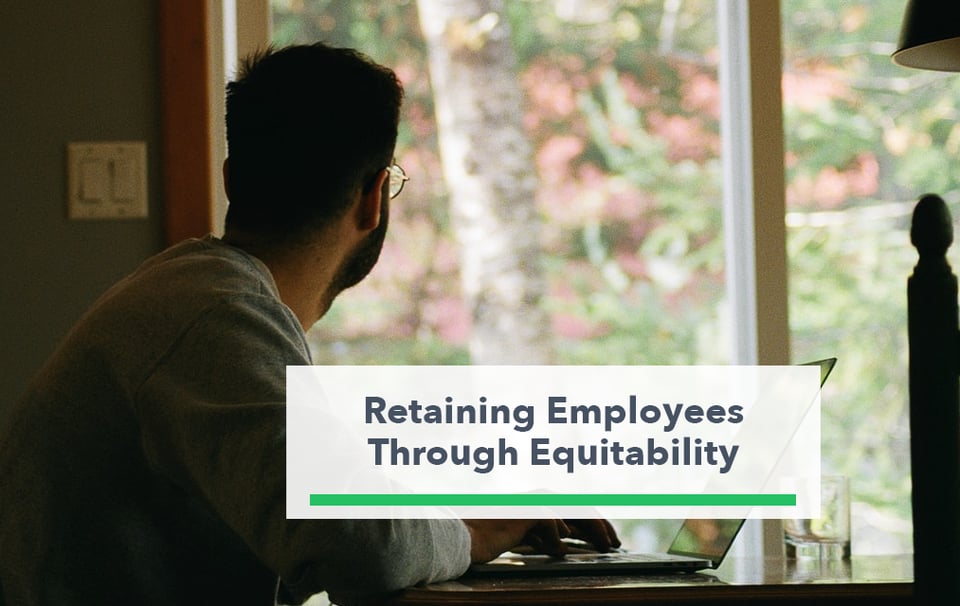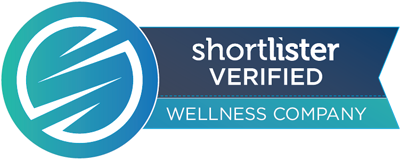
Attracting talent and retaining it are two key metrics for any successful business. And in a remote work environment, increased job mobility has threatened employee retention to worrying levels. While equity should be championed in any setting, it might also be the key to overcoming the risks of employee turnover; especially when it comes to workplace wellness.
The pandemic has forced all of us to re-evaluate our priorities as well as our place of work. Combined with the added freedom and flexibility of a work-from-home environment, employee retention has become a big concern amongst executives. KPMG recently recorded a huge rise in retention concerns amongst business executives at the end of 2020. In this report, KPMG found that talent risk became the highest-ranked threat amongst CEOs. Compared to the results of the previous survey, talent risk rose 11 positions as workforces moved from office locations to remote work settings.

Remote work has been a huge contributor to this growing risk of employee turnover. If your work environment is the same in any job, then the competitive advantages between businesses become that much slimmer. Considering the fact that you no longer have to relocate for work, your office is in the same place, and you no longer have to commute, transitioning between occupations has never been easier. This rise in job mobility has frightened a lot of businesses that have already had to reduce their staff due to COVID-19-related setbacks. So, how can companies combat this increased risk of employee turnover? One solution may be to integrate an equitable workplace wellness program.
Well-integrated workplace wellness programs can make your employees feel supported while also creating a positive, team-oriented culture for your organization as a whole. A strong culture and invested, healthy workforce can drive tangible business results, such as productivity, talent acquisition, and employee retention. But implementing an effective wellness program is easier said than done. It needs to be accessible and, most importantly, equitable.
Equitability often becomes an ‘all talk, no walk’ initiative. Companies express that they are interested in promoting equity, diversity, and inclusion, but they never implement it into actionable policy. This is often true of workplace wellness initiatives that fail to include the entirety of their staff based on their employees’ location or type of work. With work-from-home becoming the new corporate standard, companies must address the equitability of their workplace wellness and how accessible it is from potentially hundreds of different homes. While this may seem more costly than advantageous, accessible workplace wellness programs can provide a myriad of company benefits; one of which is employee retention.
As millennials begin to make up a larger and larger proportion of the workforce, companies are being forced to address their standards of equity. Deloitte’s 2020 global report on millennials highlights the connection between inclusion and greater job loyalty. Businesses that have addressed and satisfied millennial demands for corporate equitability have even seen improved retention rates as a result.
When it comes to creating a workplace wellness program for your employees, maximizing equitability means maximizing efficacy. If you only support a fraction of your staff through workplace wellness, then you won’t see a strong improvement in employee retention.

One way to overcome this obstacle is by offering a digital workplace wellness application. This allows staff members to set goals, share achievements, and improve their wellness routine all from the comfort of their own home. This level of support is a great way to incentivize employees to stay with your company for a longer period of time. According to Forbes, 89% of employees who feel their well-being is supported by initiatives like workplace wellness are likely to recommend the company to others as a great place to work. In this case, equitable workplace wellness can improve your employee retention as well as your employee acquisition.
Valuing equity is one thing; implementing it is another. At Sprout, we help our clients empower their employees through programs that promote and reward employee well-being. To learn how you can successfully incorporate equitability through digital workplace wellness, contact us today and request a demo.
